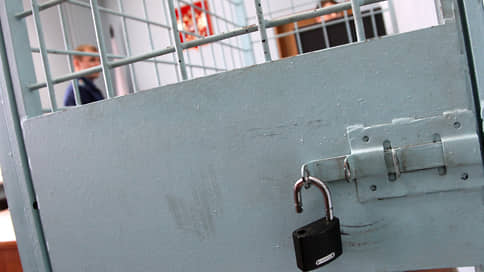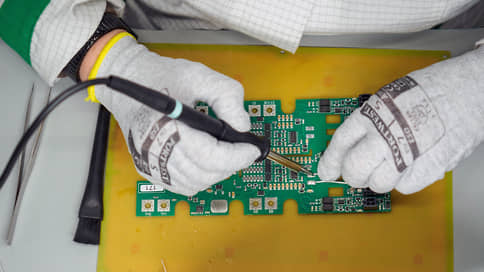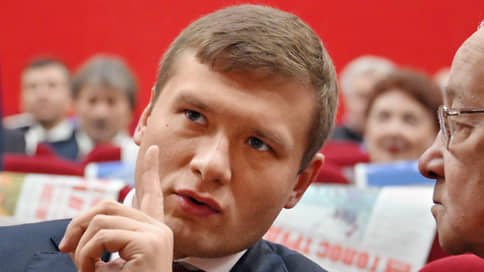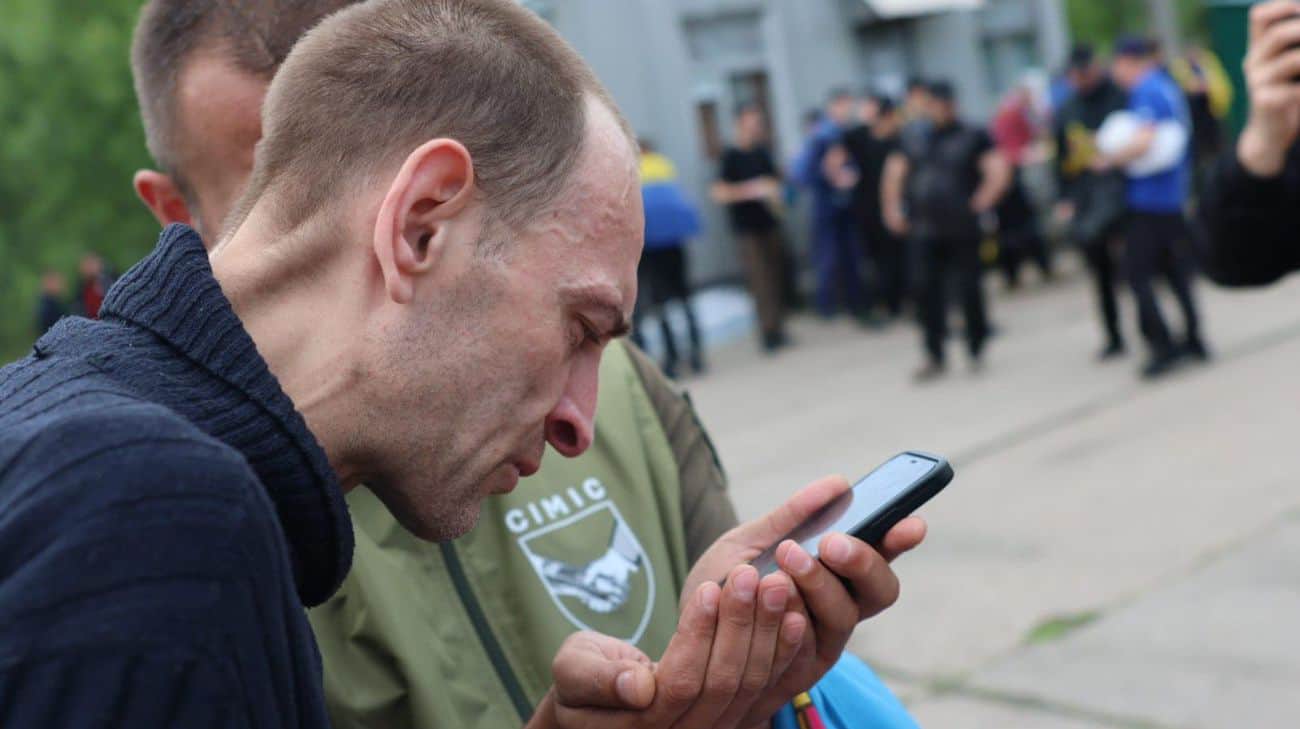The State Duma will solve the problem of the lack of teachers in schools using senior students
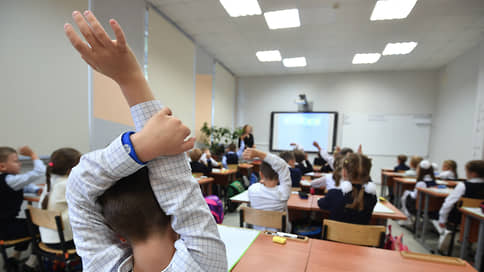
With the help of Students-Starkuyers, non-demagogical specialties, who have undergone additional training as teachers, will be decided to solve personnel hunger in schools. Such a bill in the first reading was adopted by the State Duma. Deputies admit that this is a “forced measure” to solve the problem of personnel deficiency. And the real effect, according to a number of parliamentarians, can only give an increase in salaries and improvement of the social conditions of teachers.
On Tuesday, June 10, the State Duma adopted in the first reading amendments to the Law “On Education”, expanding the opportunities for students to employ students as teachers.
It is assumed that university students will be able to work at the school starting from the fourth year if professional retraining as teachers undergoes.
Now a number of universities already have similar modules for students, it is at them that the bill is primarily aimed. Such students will be able to conduct lessons in subjects that coincide with their direction of training. Compliance will be determined by the employer, that is, the school. For example, if a student is a chemist, he will be able to teach chemistry. Amendments are aimed at solving the problem of lack of personnel in schools. According to the Ministry of Education, as of September 1, 2024, the Teacher’s shortage amounted to about 1.8% of the total, which is equivalent to 18.7 thousand vacancies.
Recall that until 2020, students did not have the right to teach in schools. Then a law was adopted that allowed only future teachers to teach. About 35 thousand students took this opportunity, said the deputy head of the Duma Committee on Higher Education, Alexander Mazhuga (ER), speaking in the State Duma.
Doubts about the initiative was expressed by the deputy chairman of the State Duma Committee on Youth Policy Vladimir Isakov (Communist Party). In his opinion, there may be a situation when the student will have to teach schoolchildren topics that he himself has not yet studied well enough. “The adoption of such a law does not mean that students will be employed by default to school,” said Mr. Mazhuga: they have to go through an interview at which the director will appreciate their knowledge.
The first deputy chairman of the State Duma Committee on Higher Education Oleg Smolin (Communist Party) also criticized the initiative. Firstly, there is a risk of unqualified teachers-since the pedagogical module, according to the deputy, is not enough. Secondly, students will not receive complete higher education, as they will work at the school instead of studying specialized disciplines. “This is an illusion of resolving the issue of teachers’s shortage instead of its real decision,” he said.
The head of the State Duma Committee on Higher Education, Sergei Kabyshev (SRZP), called the bill « forced measure. »
“The reasons for the shortage of pedagogical personnel lie in the financial and economic plane, and the State Duma has repeatedly addressed the government with a proposal to increase the salary of teachers and the level of social guarantees,” he said. He was supported by the head of the Duma Committee on Enlightenment Irina Belykh (EP): “This is not from a good life, there is a tremendous personnel deficit. We do not have illusions, these are the verified steps that we now need as one of the forms that can help solve this issue. ”
Separately, Irina Belykh noticed that specialized universities enter with higher USE points than in pedagogical ones. Therefore, such students know their subject well, and “if they provide them with psychological and pedagogical knowledge, then they will be able to become good teachers.” Within the framework of parliamentary control, according to Mrs. Belykh, the deputies will need to be tracked that “in all universities where it is possible” the modules of additional pedagogical training are opened. The collection of amendments to the second reading will last until June 24.

